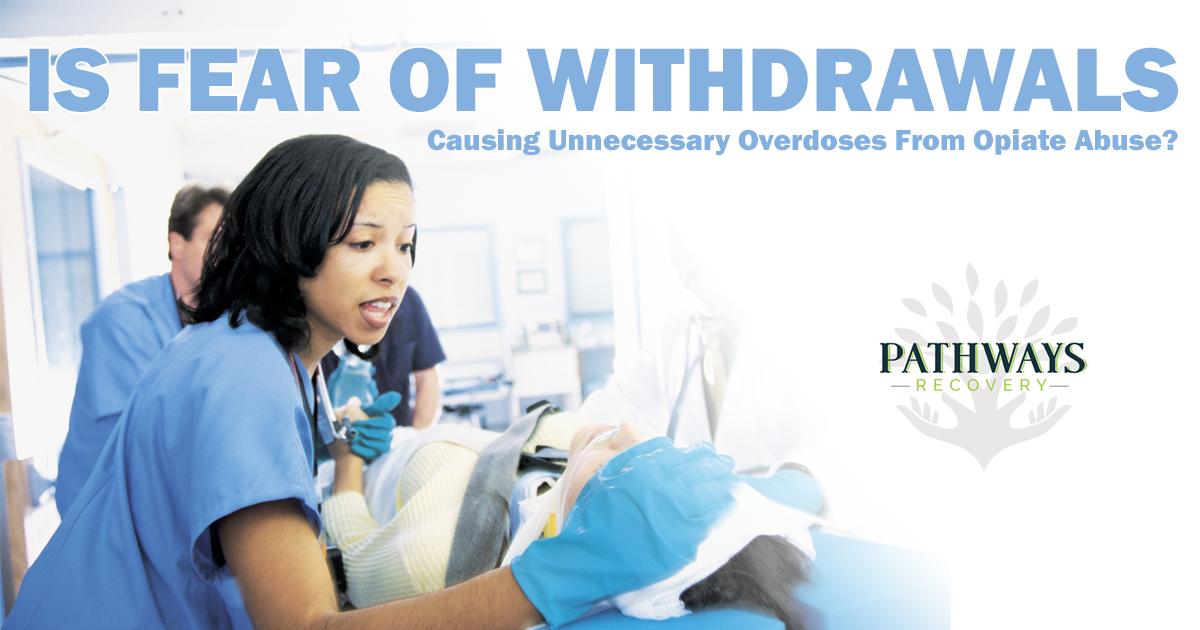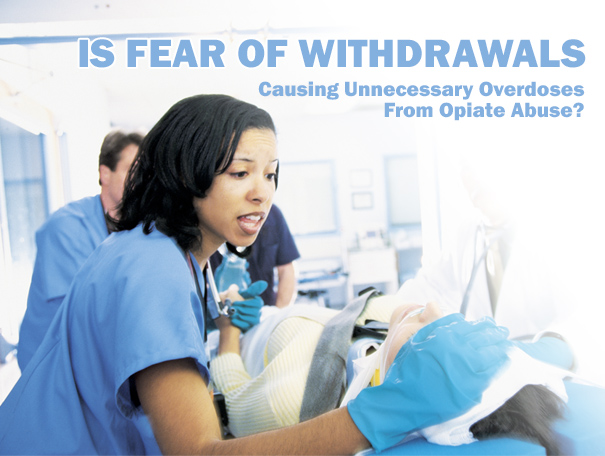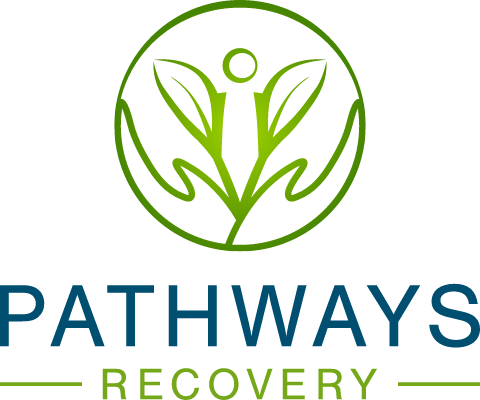
Why Withdrawals Have Become Dangerous
Symptoms from withdrawal can begin mere hours from the time of the last dosage—and that’s especially true for opioid addiction. Some types of opiates cause reactions more quickly. Each drug has a half-life, which is a measure of the time it takes for the original dosage to be reduced by 50%. The shortest-acting versions may offer symptoms anytime between 6 and 12 hours. Extended-release or other long-acting drugs may take 30 hours to demonstrate their effects. In most cases, the peak happens at around 72 hours after the last dose.
Often, people who abuse opiates are dependent on short-acting versions. Since symptoms begin to show so quickly, they take frequent doses. A dangerous concentration can be reached when they’re taken before the half-life.
The Horror Of Withdrawal
Early withdrawal signs are similar to a bad influenza virus. Low energy, insomnia, teary eyes, muscle aches, cold sweats, and runny nose are a few of the most common. The longer the body goes without the drug, the worse the symptoms become. More symptoms present as the effects peak, including:
- Nausea
- Visiting
- Diarrhea
- Stomach Cramps
- Drug Cravings
- Depression
- Anxiety
- Irritability
Victims may feel like they’re in the throes of death. Even though these feelings are extremely painful, they aren’t fatal. They can be so severe, however, that sufferers will use more of a drug than necessary to stop the withdrawals—sometimes leading them to an overdose. Additionally, if an addict has another health issue, like a heart problem, the pain of withdrawal can be a strain and cause physical stress. In that sense, victims trying to detox alone can be at serious risk.
Methods Of Avoiding Withdrawal
It’s easy to understand why people will go to such distances to avoid withdrawal symptoms. In the mind of an addict, the easiest way to prevent any ill effects is to never come off of the substance. Users will take frequent doses and attempt to keep a constant high.
There are many dangers associated with this method of use. The most obvious are the general health risks associated with opiates. The longer a person uses the drugs, the higher the chance of these effects. The severity of the conditions is also related to the duration of use. Potential issues include:
- Abdominal distention
- Constipation
- Liver damage
- Brain damage
Out of fear of these symptoms worsening, some people will—instead of taking frequent doses—begin increasing the amount that they take. Bigger initial doses will often provide stronger immediate relief. Drowsiness, paranoia, lethargy, nausea, and respiratory depression are common after a user takes a larger dosage of the opiate than he or she is accustomed to taking.
The Dangers Of Coping Methods
The most dangerous aspect of these changes in dosing is overdose. When an individual takes more frequent doses, the drug level in his or her bloodstream gradually rises. The drug then compounds, reaching dangerous numbers without the individual fully feeling its effects.
Likewise, increasing dose presents a high risk (even greater than more frequent dosing). The person’s body is used to smaller amounts and may not be able to handle the sudden change. The problem is exacerbated when the addict has been off the drug for some time: not only is the body accustomed to smaller dosages, but it has also been weaning itself off the substance. What was a normal dose may now be too much.
What Happens During An Overdose
Overdosing shuts down a person’s respiratory system. Victims often lose consciousness, have pinpoint pupils, and endure seizures or muscle spasms. People who are overdosing lose the ability to respond to questions or call out for help, which makes using opiates alone so deadly.
Overdoses are often completely avoidable. People fearing the painful symptoms of withdrawal allow this trepidation to encourage excessive intake. Withdrawal is a terrible thing to go through, but there are ways to manage the pain and discomfort, like treatment for opiate withdrawals at Pathways Recovery in Sacramento, CA.


